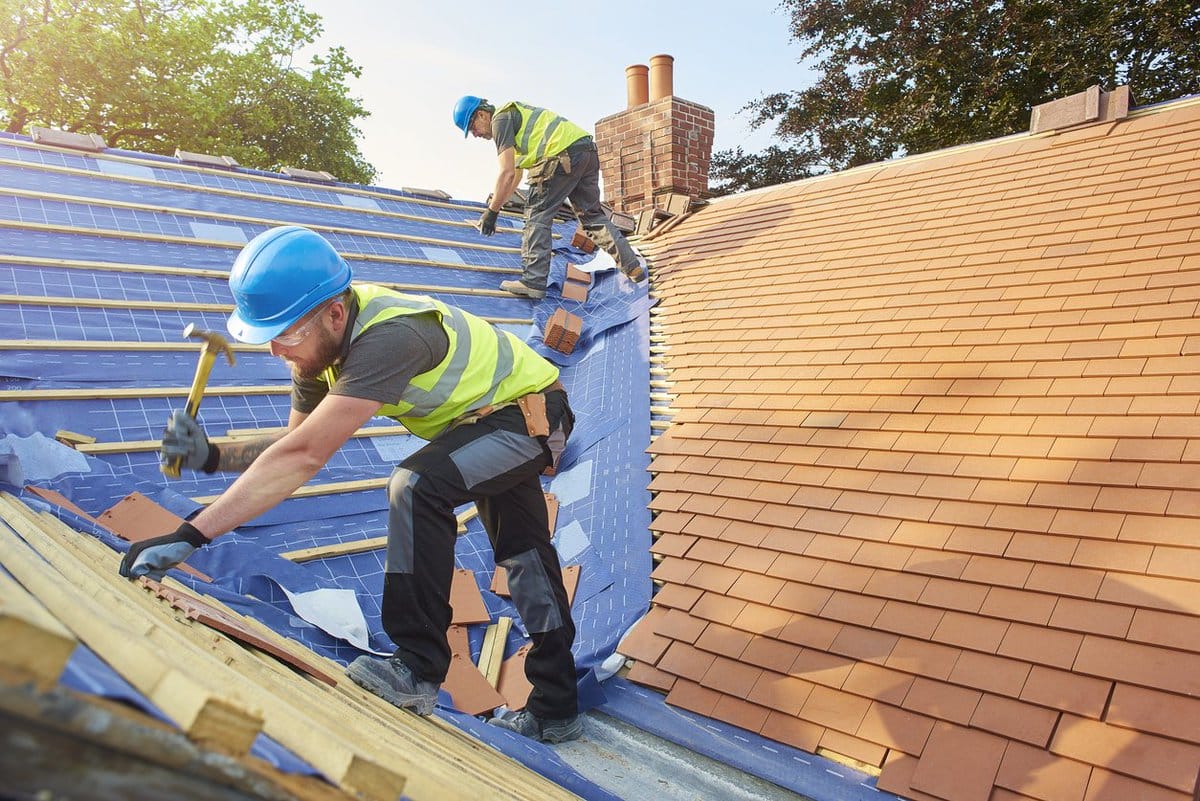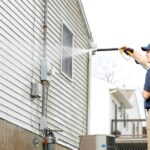Roofing is one of the most vital aspects of any home, providing protection from the elements and adding to its overall aesthetic appeal. Understanding the essentials of residential roofing is crucial for homeowners looking to maintain the integrity and value of their properties.
Palm & Pineapple Roofing and Exteriors – a trusted roofing contractor in the Lowcountry area, focusing on roofing, siding, gutters, and windows.
Types of Roofing Materials
The first decision in residential roofing is choosing the right material. Options range from traditional asphalt shingles to modern metal roofing, each with its own benefits and considerations. Other popular choices include wood shingles, clay tiles, and slate. Factors such as durability, cost, and aesthetics play a significant role in this decision-making process.
Importance of Proper Installation
Even the highest quality roofing materials will fail if not installed correctly. Hiring a reputable roofing contractor with experience in the specific material chosen is essential. Proper installation not only ensures the longevity of the roof but also prevents issues such as leaks, water damage, and structural deterioration.
Roofing Maintenance
Regular maintenance is key to extending the lifespan of a residential roof. This includes tasks such as cleaning gutters, inspecting for damaged or missing shingles, and addressing any signs of wear and tear promptly. Investing in routine inspections by professionals can catch potential issues early, saving homeowners time and money in the long run.
Understanding Roofing Codes and Regulations
Before embarking on any roofing project, homeowners must familiarize themselves with local building codes and regulations. These guidelines dictate aspects such as materials allowed, installation methods, and structural requirements. Failure to comply with these regulations can result in fines, delays, and even legal issues.
Weather Considerations
Residential roofing must withstand a variety of weather conditions, from intense sunlight to heavy rain, snow, and wind. Choosing materials and designs suited to the climate of the region is crucial for durability and performance. Additionally, proper insulation and ventilation can help regulate indoor temperatures and prevent issues such as ice dams and mold growth.
Energy Efficiency and Sustainability
In recent years, there has been a growing emphasis on energy-efficient and sustainable roofing solutions. Options such as cool roofs, which reflect sunlight and reduce heat absorption, can lower energy bills and reduce the urban heat island effect. Furthermore, materials made from recycled or renewable sources contribute to environmental conservation efforts.
Roofing Insurance and Warranties
Homeowners should review their insurance policies to ensure adequate coverage for roofing repairs or replacements in case of damage from storms, fire, or other unforeseen events. Additionally, warranties provided by manufacturers and contractors offer added protection and peace of mind. Understanding the terms and conditions of these warranties is essential to maximizing their benefits.
Final words
Residential roofing is more than just covering a house; it is an essential investment in protection, aesthetics, and property value. By choosing the right materials, ensuring proper installation and maintenance, adhering to regulations, and considering factors such as weather, energy efficiency, and insurance, homeowners can safeguard their homes from the top down. Consulting with roofing professionals and staying informed about industry developments are crucial steps in ensuring the longevity and performance of residential roofs.


